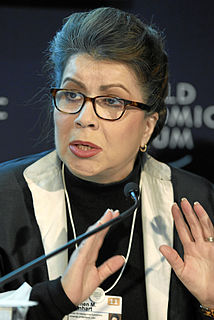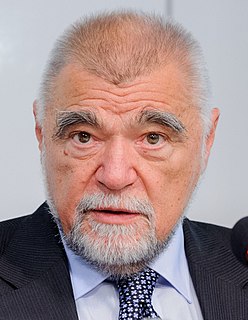A Quote by Hilary Benn
The 90s was a difficult decade, with recessions in many transition countries and in emerging economies provoked by financial crises; and with continuing stagnation in Africa.
Related Quotes
The essence of the this-time-is-different syndrome is...rooted in the firmly held belief that financial crises are things that happen to other people in other countries at other times; crises do not happen to us, here and now. We are doing things better, we are smarter, we have learned from past mistakes. The old rules of valuation no longer apply. Unfortunately, a highly leveraged economy can unwittingly be sitting with its back at the edge of a financial cliff for many years before chance and circumstance provoke a crisis of confidence that pushes it off.
In the immediate postwar era, financial crises in advanced countries were rare events, and before 1970 did not happen at all. Since then they have occurred more often, and 2008 was the most damaging of them all to date. If we have moved back to a regime of regular financial crises - like the one we had from the 1870s to the 1930s - then our economic future will be very different from our recent past.
In the model that we grew up with, governments rule physical territory in which national economies function, and strong economies support hegemonic military power. In the new model, already emerging under our noses, economic decisions don't pay much attention to national sovereignty in a world where more than half of the one hundred or two hundred largest economic entities are not countries but companies.


































